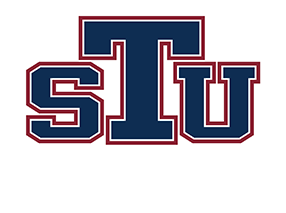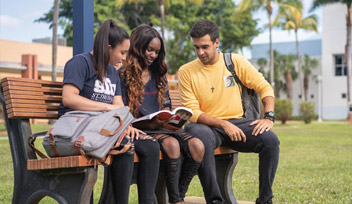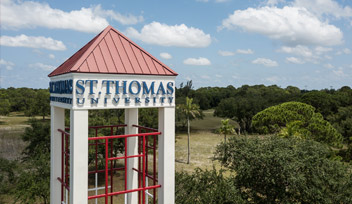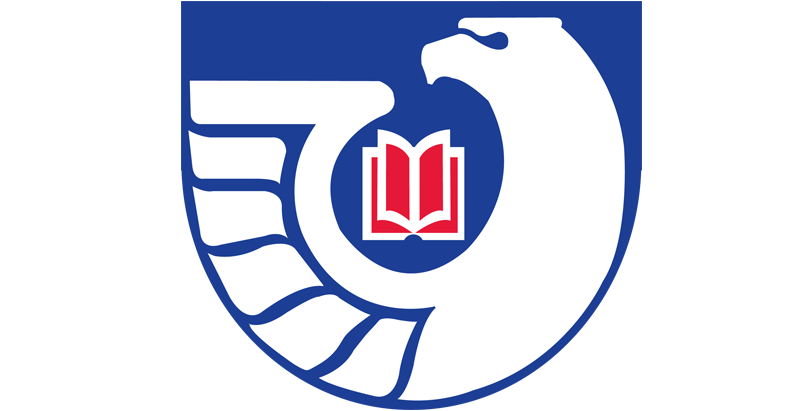Resources to Prevent Plagiarism
For information about plagiarism at St. Thomas University please refer to the “Academic Dishonesty” in the St. Thomas University Student Handbook.
Students with questions about plagiarism are invited to speak with a librarian or to set up an appointment at the S.O.C.R.A.T.E.S Tutoring Center.
Defining Plagiarism
- MLA Handbook for Writers of Research Papers explains that “plagiarism refers to a form of cheating that has been defined as ‘the false assumption of authorship: the wrongful act of taking the product of another person’s mind, and presenting it as one’s own’ (Alexander Lindey, Plagiarism and Originality [New York: Harper, 1952] 2). Plagiarism involves two kinds of wrongs. Using another person’s ideas, information, or expressions without acknowledging that person’s work constitutes intellectual theft. Passing off another person’s ideas, information, or expressions as your own to get a better grade or gain some other advantage constitutes fraud. Plagiarism is sometimes a moral and ethical offense rather than a legal one since some instances of plagiarism fall outside the scope of copyright infringement, a legal offense” (2003, p. 66).
- Publication Manual of the American Psychological Association explains that “Researchers do not claim the words and ideas of another as their own; they give credit where the credit is due (APA Code Standard 8.11, Plagiarism). Quotation marks should be used to indicate the exact words of another. Each time you paraphrase another author (i.e., summarize a passage or rearrange the order of a sentence and change some of the words), you need to credit the sources in the text. . . . The key element of this principle is that authors do not present the work of another as if it were their own work. This can extend to ideas as well as written words. If authors model a study after one done by someone else, the originating author should be given credit. If the rationale for a study was suggested in the Discussion section of someone else’s article, that person should be given credit. Given the free exchange of ideas, which is very important to the health of intellectual discourse, authors may not know where an idea for a study originated. If authors do know, however, they should acknowledge the source; this includes personal communications” (2010, pp. 15-16).
Fun Games, Quizzes, and Videos to Prevent Plagiarism
- Vaughan Memorial Library’s “You Quote It, You Note It”
- Paul Robeson Library’s “The Cite is Right”
- Lycoming College’s “Plagiarism Game”
- Cornell University’s “Recognizing and Avoiding Plagiarism”
- Purdue University’s “OWL: Avoiding Plagiarism”
- Harvard Extension School’s “Plagiarism and the Proper Use of Sources”





